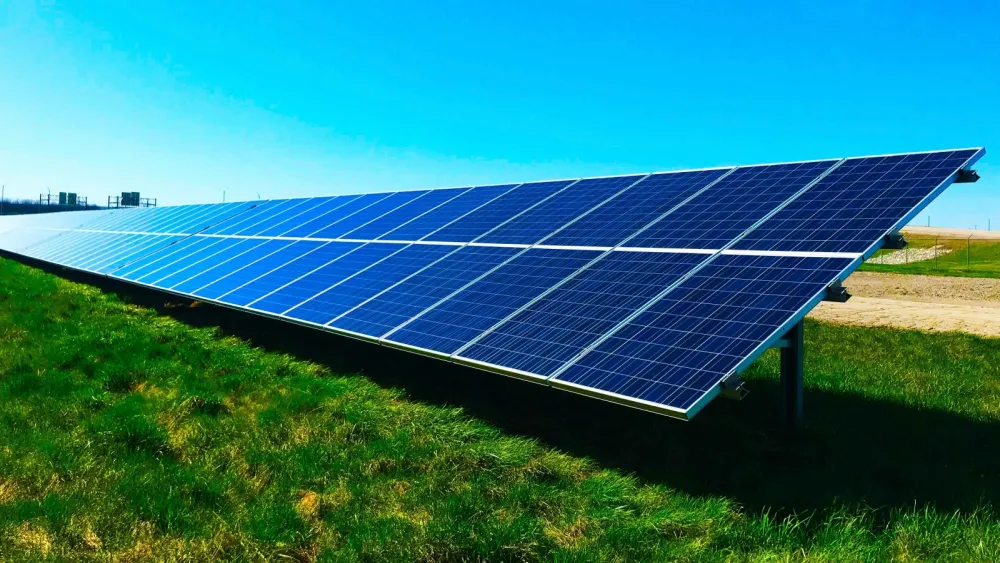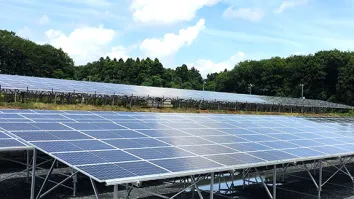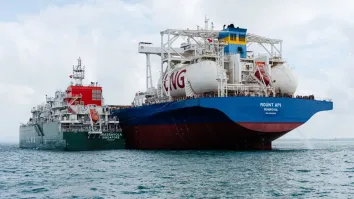Consensus needed to accelerate Asia’s energy transition
Asia risks missing the 1.5-degree climate target.
Asia's renewables comprised around 27% of the region's electricity generation mix in 2023. However, the next phase of the energy transition is challenging. According to Brandon Chia, Managing Director of Sustainability Energy Solutions (SEA and Australia) at SP Group, achieving greater consensus among governments, businesses, and the public is key to overcoming these obstacles.
“Now that some of the low-hanging fruits have already been picked, it is going to be a bit more costly to implement the energy transition," Chia said, “There needs to be greater consensus among the people, government, and businesses on who is going to pay and how this is going to work out for each one of them," he said.
Adding urgency to these efforts is the looming threat of failing to meet global climate goals. “Reports from the World Economic Forum suggest there’s a 50% chance we’ll exceed the 1.5-degree target in the next few years,” Chia warned. "We need to have more speed and greater consensus such that we are able to push forth our energy transition.”
Despite these hurdles, Chia remains hopeful about the future of Singapore's energy market by 2030, citing the importance of political will and ongoing engagement with key stakeholders.



















 Advertise
Advertise







Commentary
What a $635b investment push could mean for India’s refineries and thermal power plants